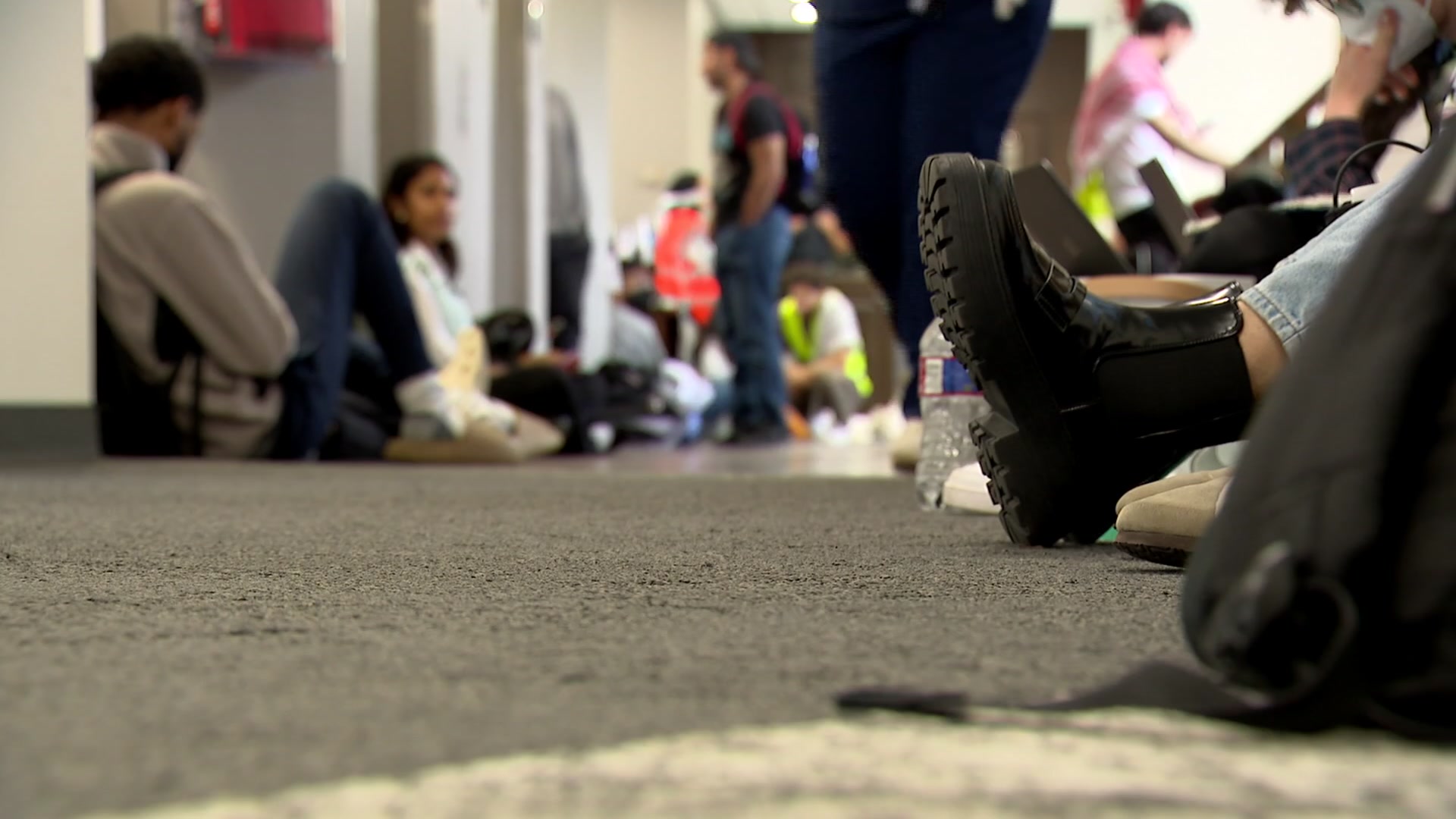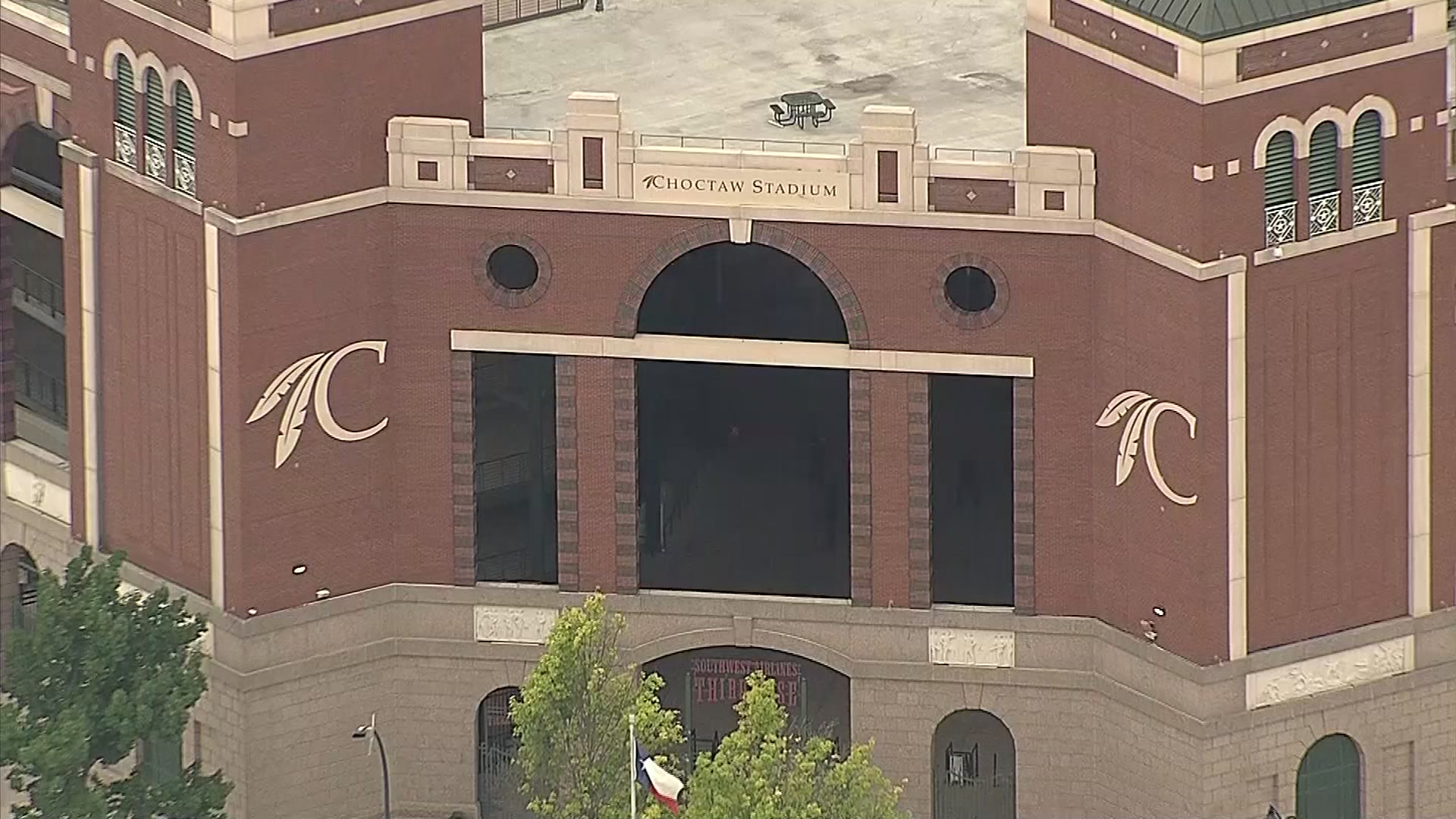NBC 5 Investigates has learned thousands of tickets issued for school bus stop arm violations in Dallas County are being dismissed and that the majority off tickets appealed by angry drivers were tossed out after hearing officers agreed the tickets were flawed or unfair.
Meanwhile, NBC Investigates has learned the school stop arm camera program has cost tens of millions more than first advertised as the special school district running the program has attempted to turn the cameras into a side business financed with public money.
Dallas County Schools (DCS) is the district that provides busing services to independent school districts in Dallas County. DCS installed cameras on its entire fleet of buses to catch drivers who don’t stop for the stop signs that extend from the side of school buses.
Since the program started issuing tickets nearly two years ago, 5,742 of the 8,436 appealed tickets, or 68 percent, have been dismissed by city hearing officers — meaning the judges were convinced most the drivers who fought the ticket should not have been fined.
“It was just like a split-second matter,” said Jiji Hate, whose ticket was dismissed.
Hate said she was alongside the bus when the stop arm suddenly opened and snapped a photo of her passing the bus. A hearing officer ruled there was no way she could have stopped in time and dismissed her ticket.
“They took my side, saw that my reasoning was valid,” said Hate.
Local
The latest news from around North Texas.
“So how many people are paying these tickets that are invalid,” questions George Wigington, whose ticket was dismissed because the vehicle in the picture a City of Dallas recycling truck instead of his own.
“This impacts people’s rights and basically you’re guilty until you come down here and prove us innocent,” said Wigington.
“If they ever set it up properly, great. Protect the kids, run it fairly. Everybody will understand it but we’re not there yet,” said Dallas Morning News watchdog columnist, Dave Lieber.
Lieber spent a day listening to ticket hearings, watching drivers get tickets thrown out.
Some of those dismissed were because of wrong addresses.
Driver Ed Magmin said the photo on his ticket showed the violation took place 10 blocks away from the location written on the ticket. He didn’t have time to fight the ticket, so he paid it.
“If I had to do it over again, I would have fought it,” said Magmin.
Dismissed tickets may be bad news for Dallas County Schools. So far they’ve lost out on about $1.7 million in dismissed citations. On top of that DCS is still trying to collect about $9 million in fines from drivers who haven’t paid.
Those loses have contributed to the district falling short on projections which originally claimed the camera program would pay for itself in just one year.
In a 2012 Dallas Morning News article, Dallas County Schools President Larry Duncan estimated that in the first year the program would bring in almost $11 million in fines, which would cover the cost of installing the cameras on their fleet of buses.
Records show the district only collected about $5 million in the first year, not the $11 million expected.
NBC 5 Investigates asked Duncan if he thought the initial projections were misleading and he replied that it “was the best projection we had at the time.”
Meanwhile, the Stop Arm Camera program has grown and costs have skyrocketed. Last year, Dallas County Schools told NBC 5 Investigates they spent about $17 million, but the number is actually much higher.
[[233360221,C]]
NBC 5 Investigates added up checks the checks Dallas County Schools has written to pay for the program. They spent $25 million on video equipment that includes not only the stop arm cameras, but security cameras inside and outside the buses to add an additional layer of safety. Other major costs include $9 million on “contracted services” and $2 million in “processing services.”
The total bill added up to more than $49 million.
Remember that pledge that the fines would quickly pay for the cameras?
NBC 5 Investigates asked Duncan in April how their projections could be so far off the mark. His reply, ”One, you're focusing on money. We have provided the student safety increase we — that we were after — and that's the most important thing.”
Dallas County Schools recently said the camera program will be paid for in three years, but to cover all of the costs NBC 5 Investigates discovered they would need to collect even more than that $49 million.
Why? Because the district spent even more money to launch its own school bus stop arm camera business where they would install free cameras on buses in other Texas school districts in exchange for splitting the money collected in stop arm fines.
To do that, documents obtained by NBC 5 Investigates show Dallas County Schools signed an expensive agreement with a camera supplier, Force Multiplier Solutions. The deal makes Dallas County Schools the only vendor of Force Multiplier Solutions BusGuard cameras in Texas.
Rick Sorrells, superintendent of Dallas County Schools, told NBC 5 Investigates that deal will cost $25 million.
That will be in addition to the $49 million already spent, bringing the total to almost $75 million.
The school district has actually gone into debt to launch its camera business, using bond money to finance the plan.
The deal raises eyebrows at the Texas Public Policy Foundation, a conservative group concerned about how bond money is used.
“So when you take out debt you really shouldn't be spending it on something extraneous. And basically using this as a loan for a small business operation is not something that's in the best interest of taxpayers,” said Jess Fields
The bond rating company Moody's also has concerns. They downgraded Dallas County Schools’ credit rating slightly in April saying, "The district's weakened financial position will be further pressured given increased reliance on cash flow borrowing and significant risk related to the stop-arm enterprise."
The district said its credit rating is still high and Sorrells told NBC 5 Investigates in April he's confident the cameras will make money for taxpayers in the end.
"Please come back in three years and we will sit here and have this same discussion, except we will be saying Rick you were right — they did pay for it”, said Sorrells.
The district said it is addressing any concerns with the system, including the complaints from ticketed drivers. However, the district blames many of the ticket dismissals on City of Dallas hearing officers interpreting their own rules.
The district believes more money will roll in as they recruit other cities with free camera systems and split fines.
“There is a trend that this is going to be the wave of the future. We happen to be on the leading edge of it, which is go great for Dallas County Schools. It will be great for the taxpayers of Dallas,” said Sorrells.
But to people who question the finances, and drivers who believe they've been ticketed unfairly, the new camera system still has a lot to prove.
“The truth is there is nothing I care more about more than kids not getting killed. But that's not what this is about. This is about a program that's run on technology that's flawed that's now going out across the state,” said Lieber.
So far Dallas County Schools is only splitting fines with one other school district in Texas, the San Marcos Consolidated Independent School District, though four other cities are expected to join the program in October. The agreement with San Marcos CISD has generated only about $42,000 in revenue for Dallas County Schools so far.
Seventeen others are running “pilot programs” and considering whether to use the Dallas County Schools cameras.



